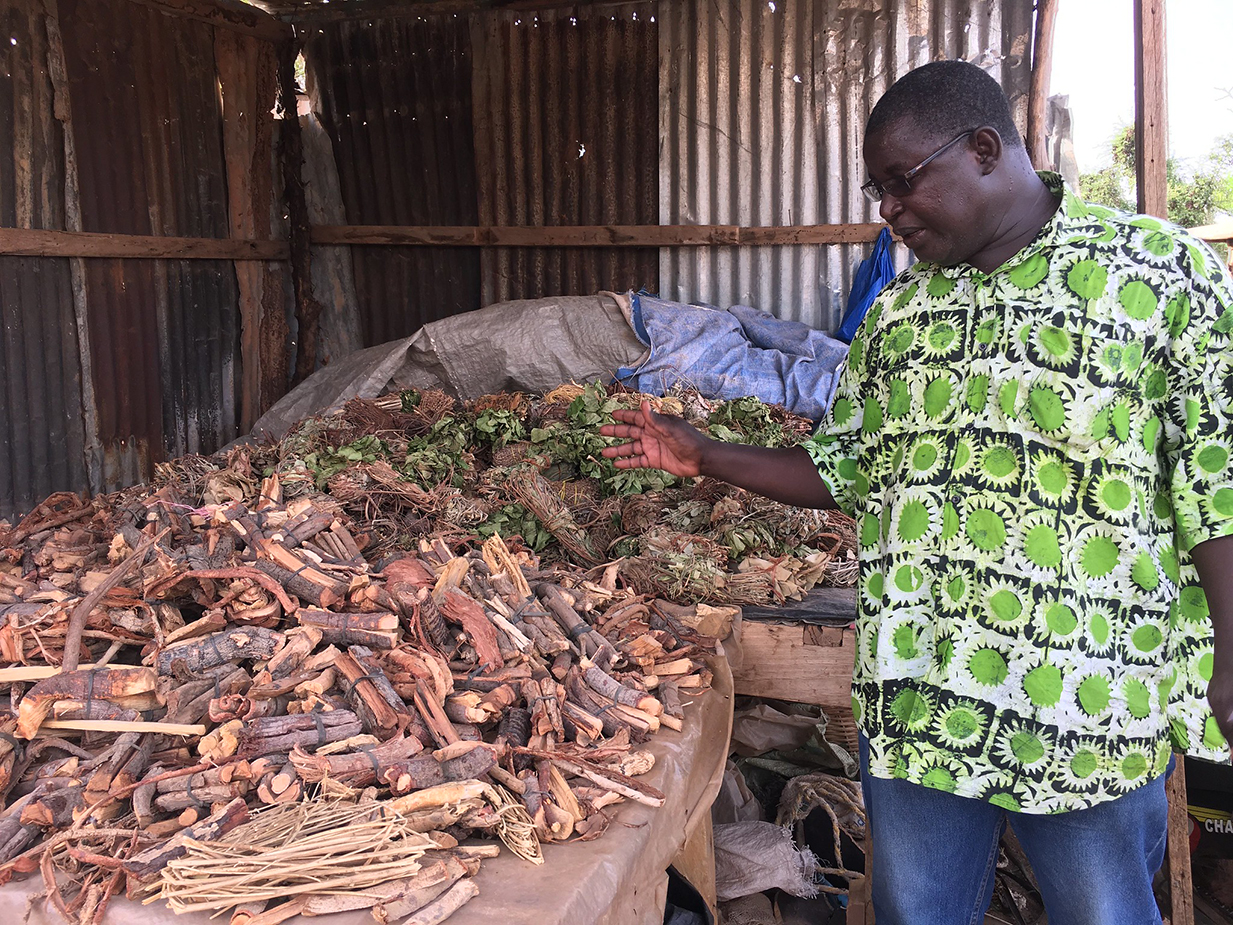Happy World Wildlife Day! This year’s World Wildlife Day theme is “Forests and Livelihoods: Sustaining People and Planet” to highlight the central role of forests, forest species, and ecosystems services in sustaining the livelihoods of hundreds of millions of people globally.
In West Africa, wildlife crime, including illegal logging and timber trade, is causing irreversible damage to ecosystems. Animal and plant species are being decimated at an unprecedented rate in large part due to these illegal activities.

Born Free USA works to stop illegal trafficking – including that of plant species. From 2016 to 2020, we held 25 training courses for more than 500 law enforcement officials from across West and Central Africa. These courses focused on a range of topics, including species identification; investigational techniques and best practices; and evidence management, among others. While ending wildlife crime can often feel like an uphill battle, we see the fruits of these efforts in large-scale seizures of illegally trafficking wildlife, animal parts, and plants, and in the prosecution of smugglers.
Ending this illegal trade is an urgent priority, but empowering law enforcement is not enough on its own. Instead, we must also keep in mind what drives so much of this brutal trade – poverty – and find ways to fight that as well.
Communities living near biodiversity-rich areas, in the West and Central Africa subregion and elsewhere across the globe, often have often little or no alternative sources of income and turn to trafficking to making a living. Not only does this economic desperation devastate nature, it endangers lives and the well-being of these communities. Wildlife trafficking is done by many of the same groups that take part in drug and weapons smuggling and human trafficking, and their presence in communities is inherently dangerous. Additionally, by coming into contact with wild animals, members of these communities are vulnerable to the spread of zoonotic diseases like COVID-19.
Stopping wildlife crime therefore requires a multifaceted approach that takes the needs of human populations into consideration. It requires financial investment in education as well as economic development.
To those ends, Born Free USA conducts education campaigns focused on wildlife crime throughout West Africa designed to spread awareness of how trafficking harms nature and to encourage people to avoid these activities.
We have also launched the Global Nature Recovery Investment Initiative, a campaign to secure large-scale financial investment in nature recovery – including funding for the development of alternative livelihoods and food sources for those who currently rely on the exploitation of wild animals and plants for their survival.
Currently, we are working on ambitious community-based projects to empower people, especially youth, through training and the provision of sustainable livelihoods like beekeeping, shea butter production, and local garment production, which will provide viable and ongoing income sources for communities, meaning fewer people will need to resort to wildlife crime to survive.
We cannot do any of this important work without you. In honor of World Wildlife Day, I invite you to take these actions:
- Make a donation to Born Free USA to support our work to end wildlife crime.
- Join our email list to be the first to hear breaking news about our work.
- Follow us on Facebook, Twitter, and Instagram.
- Share this blog with friends and family.
Keep Wildlife in the Wild,
Alice
